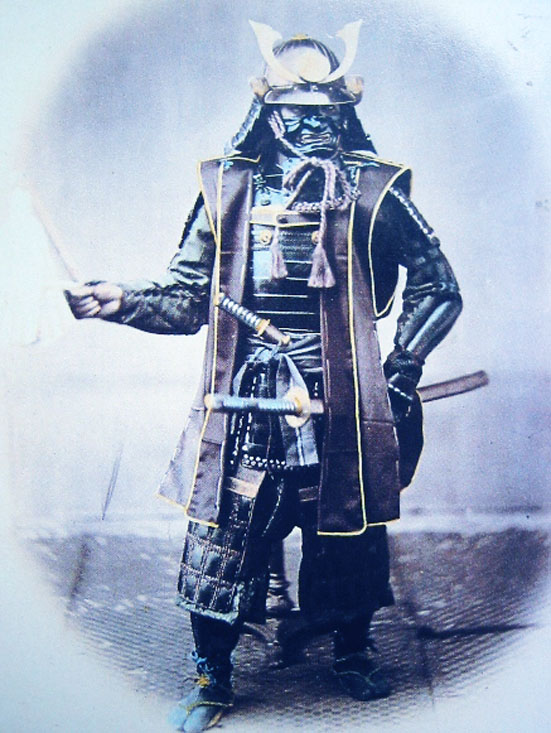
Bushido is realised in the presence of death. In the case of having to choose between life and death you should choose death. There is no other reasoning.
Yamamoto Tsunetomo
Bushido is in being crazy to die. Fifty or more could not kill one such a man.
Nabeshima Naoshige
When I was young I used to practice a martial art that was a mixture of karate, kung fu, Jujitsu, Yawara Kubotan, Aikido, Okinawan kobudo, Newaza, etc.; now I am just a theoretical samurai or a bushido scholar if you prefer.
Carl William Brown
If a man does not investigate into the matter of bushido daily, it will be difficult for him to die a brave and manly death.
Kato Kiyomasa
My code of life and my personal bushido is honour, respect, loyalty, courage and surrender.
Rickson Gracie
The Japanese had a very strong belief in Bushido, death before dishonour. They were fighting for their country; they were the aggressors in World War II.
Steven Spielberg
Intelligence is the flower of discrimination. There are many examples of the flower blooming but not bearing fruit. Bushido is in being crazy to die. Fifty or more could not kill one such a man.
Nabeshima Naoshige
Soul of Japan
Bushido, literally “the way of the warrior”, is a Japanese word for the way of the samurai life, loosely analogous to the concept of chivalry. It originates from the samurai moral code stressing frugality, loyalty, martial arts mastery, and honor unto death. Born from Neo-Confucianism during times of peace in Tokugawa Japan and following Confucian texts, Bushido was also influenced by Shinto and Zen Buddhism, allowing the violent existence of the samurai to be tempered by wisdom and serenity. Bushido developed between the 9th and 20th centuries and numerous translated documents dating from the 12th to 16th centuries demonstrate its wide influence across the whole of Japan, although some scholars have noted “the term bushido itself is rarely attested in premodern literature.
Carl William Brown
Code of the Warrior Soul of Japan
Bushido was the guiding philosophy of the samurai, or bushi military gentry), as they were commonly called. It has often been compared to the code of chivalry followed by European knights. Perhaps bushido’s aim was the same, namely to provide a code of honor and rules for living for the country’s armed forces. But bushido is uniquely Eastern. It was born of a blend of Buddhism, Chu-Tsu, Confucius and Shinto, and – though officially introduced in the seventeenth century, it was ingrained in the bushi from the time of their origin.
Following are the eight principles of bushido:
Jin – to develop a sympathetic understanding of people
Gi – to preserve the correct ethics
Chu – to show loyalty to one’s master
Ko – to respect and to care for one’s parents
Rei – to show respect for others
Chi – to enhance wisdom by broadening one’s knowledge
Shin – to be truthful at all times
Tei – to care for the aged and those of a humble station
